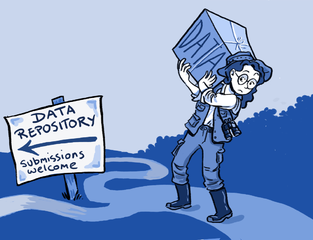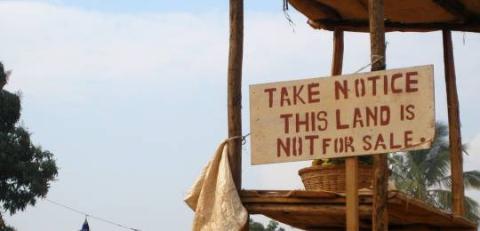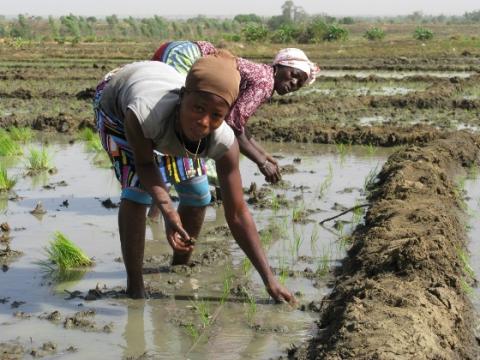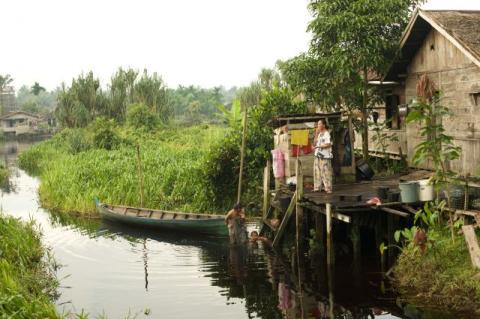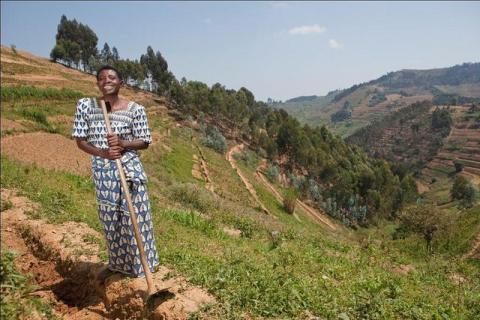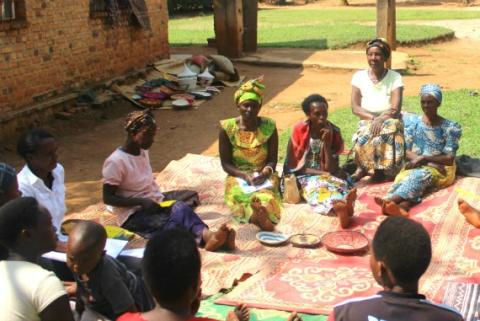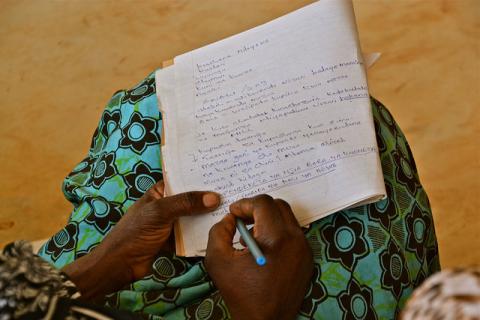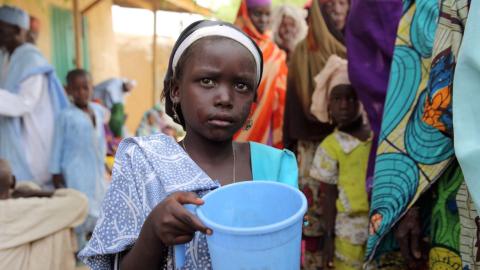Discover hidden stories and unheard voices on land governance issues from around the world. This is where the Land Portal community shares activities, experiences, challenges and successes.
 Follow our
Follow our
Sustainable Development Goals
Blog Series!
Interested in land corruption?
Follow our Land & Corruption Blog Series
for in-depth perspectives from the experts.
Issues
Geographical focus
Despite advances in global gender equality, "we are still failing rural women, particularly women farmers", write Jacqui Ashby and Jennifer Twyman.
As is often the case, failure is rooted in missing information. We are failing rural women farmers by not empowering them to improve the wrong data which we use to describe their situations, the authors write. As a result, the knowledge we need in order to boost food supplies in changing climates is much less complete than it could be.
A call to understand a bit more about sharing data, metadata, linking things up and how it all plays together in today's Web to help answer tomorrow's challenges.
Publish data on the Web, what is Open Data, why it matter. (*) - part 1
- Why it matters
- Stop data hugging, go for Open Data !
How to make your data (re)useable by other (**, ***) - part 2
- Structure your data
- Use Open standards and formats
Large-scale resource developments can threaten people's land and the quality of their environment. Now a new initiative is bringing grassroots organisations together with international lawyers to fight for resource justice.
At last month’s International Anti-Corruption Conference (IACC) in Malaysia, I co-hosted a panel on land grabbing and corruption with Transparency International. This global annual event gathers together governments, civil society, enforcement agencies, journalists and others to discuss ways of tackling corruption. This year’s IACC focused on ending impunity – a problem which has helped make land grabbing prolific and very hard to tackle.
At the end of September, the global land community met in Bern, Switzerland for the 2nd International Conference on Community Land Rights, to tackle some of the most pressing issues facing those who rely on access to community lands for their livelihoods. Discussions at the conference focused on the perpetual divide between indigenous peoples and governments with regard to land ownership.
The recent Stockholm World Water Week provided plenty of opportunities to explore the links between water and land rights, and the importance of these rights for ensuring sustainable development at both local and national level.
The Open Government Partnership (OGP) Global Summit in Mexico City this week brings together more than 1,500 participants, including ministers, from around the world. While OGP member governments have made notable progress toward transparency and accountability through the four-year-old partnership, there has been little attention given to making land holdings and land transactions transparent.
When Kenyans enacted the Constitution in 2010, one of the crucial areas that we decided to focus on was land reform.Ke
The key target of this is the recognition, protection, and registration of community land rights.
It is unfortunate that land reform has now been turned into a political process that fails to respect the aspirations of the people.
It is especially disheartening that the proposals that were derived by the task force on community land have now been trashed and we are presented with land Bills that do not respect the needs of the people.
Around the world, women in 155 countries face legal restrictions on the economic opportunities available to them, according to the recent World Bank Group's report Women, Business and the Law 2016, which highlights the challenges women face in the global economy and underscores the need for legal reform.
By Sophie Theis, Ruth Meinzen-Dick, Agnes Quisumbing, and Chiara Kovarik on November 2, 2015
29 October by Tiago Stichelmans - EURODAD
Instead of taking suggestions on board from CSOs or its own monitoring bodies, the World Bank continues to push its agenda at the expense of small-scale farmers. In essence, this makes it easier for foreign investors, at the potential cost of local farmers.
By Hindou Oumarou Ibrahim, Co-Chair, International Indigenous Peoples Forum on Climate Change


